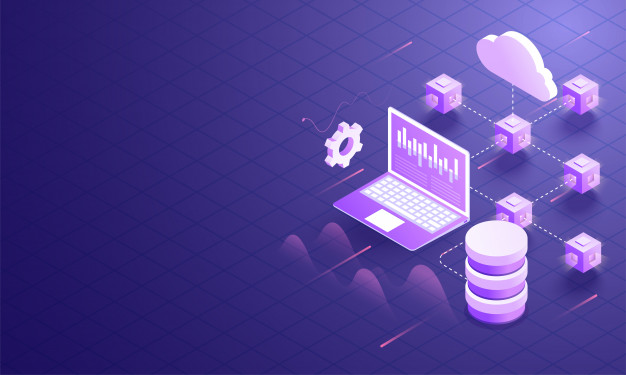
MongoDB vs. MySQL: Which Database Should You Learn?
Sep 06, 2024 4 Min Read 6021 Views
(Last Updated)
Are you wondering which database is the right one to learn for your coding journey? Just like picking the right tool for a job can make things easier, choosing the best database can have a big impact on your development skills. Let’s imagine you want to build a website where users can upload photos and videos. Or maybe you’re working on a project that involves managing data like customer information for an online store.
In this blog, we’ll compare MongoDB and MySQL, two popular databases. They have their own special features and uses. We’ll help you understand the differences between them, so you can decide which database is best for you to learn. Whether you’re new to coding or an experienced developer, knowing about these databases will be super helpful.
So, if you’re excited to find out which database suits your learning journey, let’s dive in and discover MongoDB vs. MySQL!

MongoDB vs MySQL: Which Should You Learn?
Unlike SQL databases, NoSQL databases are non-relational databases that allow people to store and retrieve unstructured data using a dynamic schema. They are generally used to handle structured data that organizes elements of data and standardizes how they relate to one another as well as to different properties. MongoDB is an example of a NoSQL database.
Table of contents
- MySQL
- MongoDB
- MongoDB vs MySQL:Which One Should You Learn?
- However, there are many areas where MySQL performs better
- MongoDB vs MySQL: Conclusion
- FAQs
- What is the main difference between MongoDB and MySQL?
- Which database, MongoDB, or MySQL, is better for scalability?
- Which database is easier to learn for beginners in web development?
MySQL
To understand MySQL, we first need to understand relational databases. In relational databases, the data related to each object belongs to a specific category and is associated with multiple tags. Data is modeled in the form of tables, and each table consists of rows and columns. Each table relates to other tables through relationships such as one-to-one, one-to-many, etc.
Database Schema!!!
This is where MySQL comes in. It is a database management system that we use to manage relational databases. Backed by Oracle, it is open-source software and is available at no cost. It can be used for developing various web-based software applications.
Interested in Databases? Go beyond Database management & kickstart your Full Stack Development journey by enrolling in GUVI’s certified Full Stack Development Career Program with Placement Assistance where you will master the MERN stack (MongoDB, Express.js, React, Node.js) and build interesting real-life projects. This program is crafted by our team of experts to help you upskill and assist you in placements.
MongoDB

A cross-platform database – MongoDB, works on the concept of collection and document. The database serves as a physical container for collections, and each collection is a group of MongoDB documents. Documents are sets of key-value pairs. What makes this database different is that documents have a dynamic schema. This means that the documents in the same collection need not have the same set of fields or structures, and the common fields may hold different types of data.
MongoDB vs MySQL: Which One Should You Learn?
While MySQL has been the most popular database in 2019, MongoDB is only a close second. MongoDB’s growing popularity is due to its speed, scalability, and dynamic and flexible schema. When comparing MongoDB vs MySQL, MongoDB offers several advantages:
- MongoDB works well with the cloud and therefore offers high scalability.
- It’s easy, to begin with, MongoDB since a large amount of clear documentation is available.
- It offers great flexibility than MySQL as there are no restrictions on schema design.
- The development and deployment process is quicker in MongoDB but It is slow in MySQL because even a little modification in the data model requires a change in schema design.
- MongoDB has a $lookup operator, making it possible to combine data from multiple documents into a single query. Therefore, it is easier to code with quality. However, MySQL also has an operator called JOIN, which can link two or more tables together using a single query.
- MongoDB has also begun to support full-text search as well as phrase search and terms search. MySQL also supports full-text search but not full-text indexing in clustered databases.
- When it comes to speed, MongoDB outperforms MySQL due to its ability to handle large unstructured data.
- MongoDB has a better sharding ability as it can break up a collection into subsets of data and store them across multiple shards. Therefore, the application can exceed the resource limits of a server.
However, there are many areas where MySQL performs better
- MySQL is more suited for users dealing with small data volumes because it is not good at dealing with large and unstructured data.
- MySQL database opts for consistency and availability, which means that the data will be consistent across all nodes as long as the nodes are online. Therefore, users can read or write from any node, and the data would be consistent. But if an unresolved partition develops between a node, then the data will go out of sync. MongoDB, however, opts for consistency and tolerance. This means that the database would be consistent to view, but the users of one node would have to wait for the users of another node to agree before reading or writing to the database.
- Being open-source, MySQL is available free of cost.
- MySQL has an active community as compared to the relatively new NoSQL databases like MongoDB.
Master Database management and be well versed in MongoDB and MySQL, excel in the web development industry with GUVI’s Full-stack Development Career Program. . You will be able to master the MERN stack (MongoDB, Express.js, React, Node.js) and build real-life projects.
MongoDB vs MySQL: Conclusion
Since both MongoDB and MySQL offer specific advantages, it would be smart enough to know the management of both the relational and non-relational DB systems. This is a super skill that is much required for any web developer or any full stack developer to manage structured & non-structured data. Many applications especially e-commerce/retail apps need a hybrid database design. In most cases, for an existing MySQL-based application, developers add MongoDB in a hybrid deployment environment to deliver specific functionality with modernization.
Few good companies implement both MySQL & MongoDB for efficient & specific product data management. For example- The SAGE group adopts MongoDB for the next-generation components of their applications. At the same time, many SAGE products were originally built and continue to run on MySQL.
FAQs
1. What is the main difference between MongoDB and MySQL?
MongoDB is a NoSQL database, which means it stores data in a flexible, document-based format, making it suitable for handling unstructured or semi-structured data like JSON. On the other hand, MySQL is a relational database, storing data in structured tables with predefined schemas, making it ideal for handling structured data with clear relationships between tables.
2. Which database, MongoDB, or MySQL, is better for scalability?
MongoDB is known for its horizontal scalability, allowing you to distribute data across multiple servers, making it suitable for handling large amounts of data and high traffic. In contrast, MySQL is vertically scalable, which means it can handle increased load on a single server by upgrading hardware resources.
3. Which database is easier to learn for beginners in web development?
MongoDB is often considered more beginner-friendly due to its flexible schema and simple setup. Its document-based model allows developers to work with data in a way that is similar to popular programming languages like JavaScript. However, for those with a background in SQL and relational databases, MySQL might be more familiar and comfortable to learn. Ultimately, the choice depends on individual preferences and project requirements.
With exclusive lessons from industry experts, it provides online learning along with an active exercise assessment platform. The dedicated chat and support forum for students to ask doubts is a great way to make a better step towards Online learning. Update yourself with the new style of learning & skillset through GUVI.
Have a query? Or Need any help with the course syllabus & more? Then just fill the below form with your details and our experts will get back to you shortly.























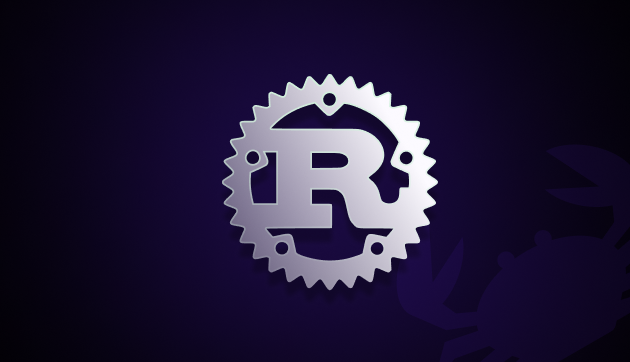

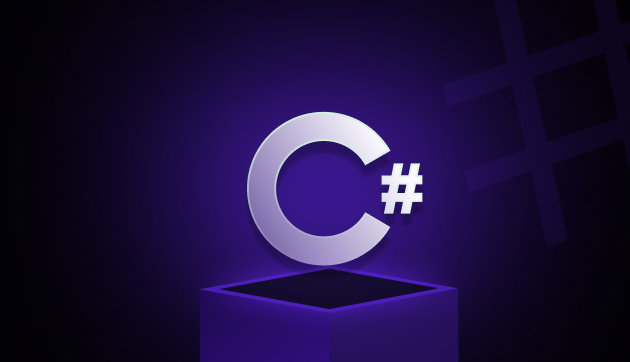
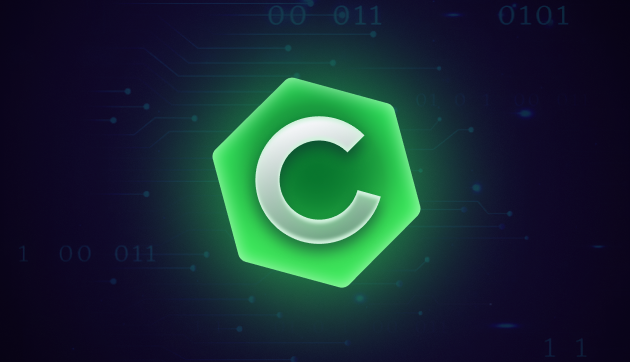




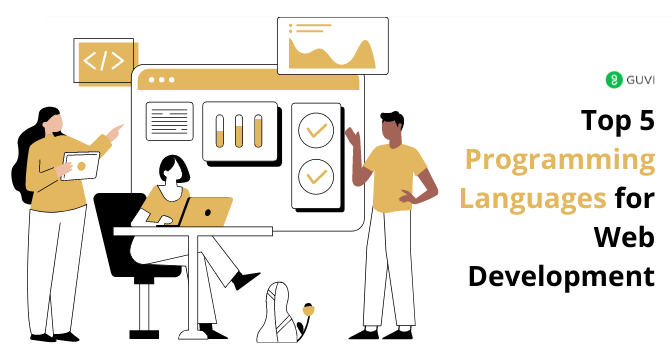
Did you enjoy this article?